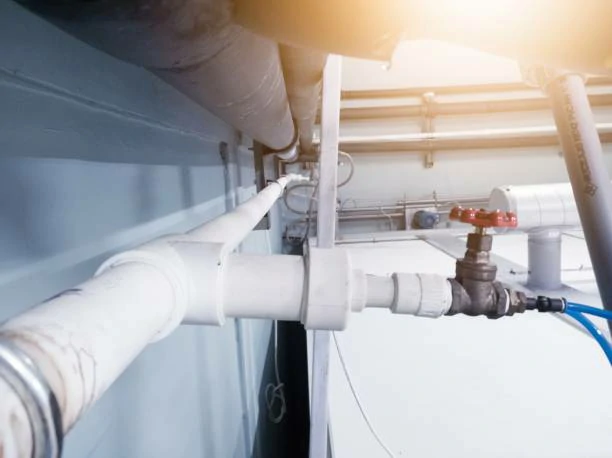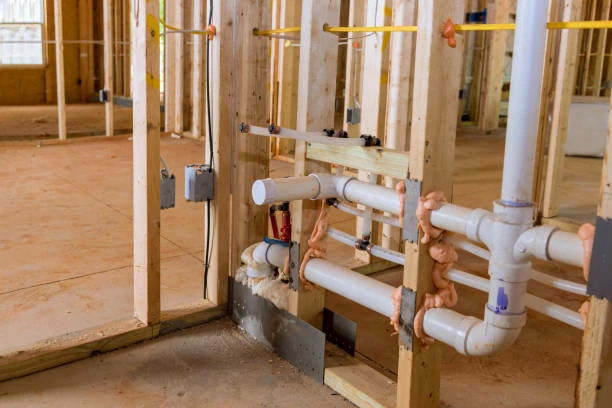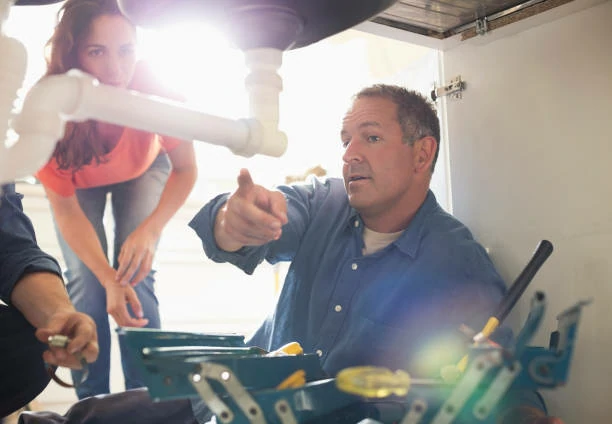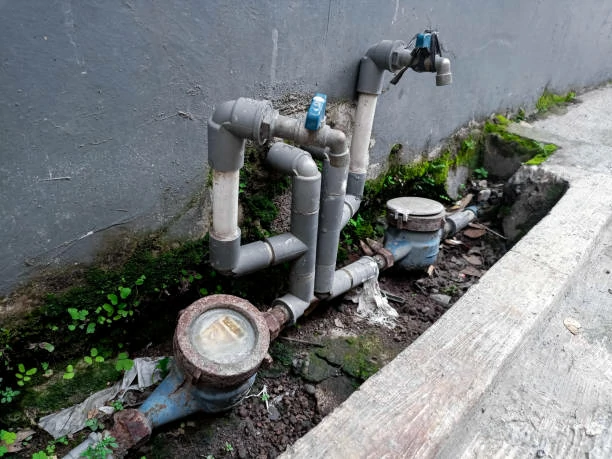Introduction
HDPE piping have gained widespread recognition not only for their durability and versatility but also for their environmental advantages and sustainability. In this article, we will explore the eco-friendly attributes of HDPE pipes and how they contribute to sustainable development and environmental protection.
Environmental Advantages of HDPE Piping
Recyclability: A Closed-Loop Solution
HDPE piping are highly recyclable, offering a closed-loop solution that minimizes waste and reduces environmental impact. Unlike some other materials that degrade during recycling, HDPE maintains its properties even after multiple cycles of recycling. This recyclability not only conserves valuable resources but also reduces energy consumption and greenhouse gas emissions associated with the production of virgin materials. By promoting a circular economy, HDPE pipes contribute to resource conservation and waste reduction initiatives.
Chemical Inertness: Protecting Water Quality
One key environmental advantage of HDPE piping is their chemical inertness, preserving water quality during transportation. HDPE is resistant to chemical leaching, safeguarding public health and ecosystems. This is crucial in potable water distribution, wastewater management, and environmental remediation. By preventing water contamination, HDPE pipes support sustainable water management and protect natural habitats.
Sustainability of HDPE Piping
Long Service Life: Minimizing Environmental Footprint
HDPE pipes, known for long service life and durability, outperform traditional materials. With a lifespan of up to 100 years, they reduce replacements and repairs, minimizing material consumption, energy usage, and waste. Lower lifecycle costs and a smaller environmental footprint make HDPE pipes a sustainable infrastructure choice.
Energy Efficiency: Lowering Carbon Emissions
The production and installation of HDPE piping require significantly less energy compared to traditional piping materials such as concrete or metal pipes. HDPE’s lightweight nature and flexible design reduce transportation and handling costs, as well as the carbon emissions associated with transportation. Additionally, HDPE pipes have smooth interior surfaces that minimize frictional losses during fluid conveyance, resulting in lower energy requirements for pumping. By promoting energy efficiency throughout their lifecycle, HDPE pipes help reduce greenhouse gas emissions and combat climate change.
Conclusion
In conclusion, HDPE piping offer environmental advantages, promoting sustainability. Their recyclability, chemical inertness, long service life, and energy efficiency make them ideal for eco-conscious projects. Choosing HDPE preserves resources and protects the environment for future generations.
Contact
IFANPLUS is a specialized product series launched by IFAN, primarily covering plastic piping, fittings, and various types of valves. We offer PPR and PVC pipes in German and American standards, ensuring the high quality and reliability of our products. IFANPLUS valve products include a variety of valves, from PPR valves to other diverse copper valves, catering to your specific requirements. Whatever product you need, IFANPLUS will be your reliable partner. Here is our contact information.
We will reply your email or fax within 24 hours.
You can call us at any time if there is any question on our production.
For more information,pls visit our webside https://www.ifanplus.com/
Pls Mailto: [email protected]






